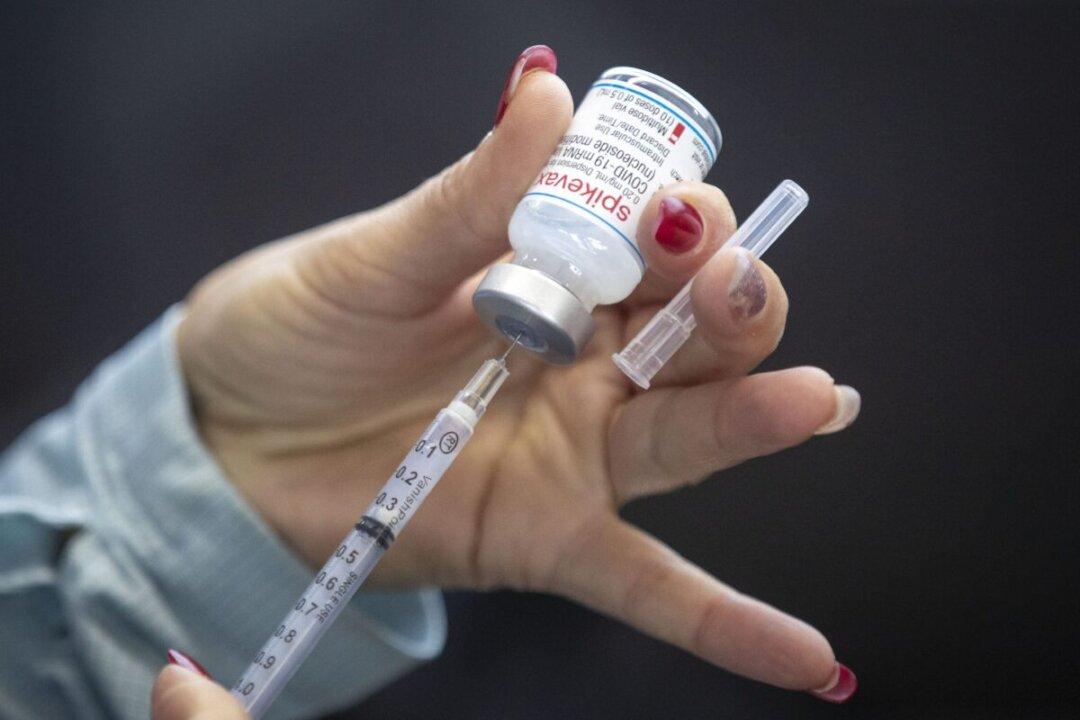Lawyers representing several Ontario residents have filed an appeal claiming the province’s vaccine passport system was unconstitutional. The appellants are challenging a December decision by the Ontario Superior Court that upheld the legality of the passport system.
The appellants say they did not get vaccinated due to religious beliefs or concerns about adverse effects. The passport system in place from September 2021 to March 2022 required patrons to show proof of vaccination before entering gyms, restaurants, and other venues.





